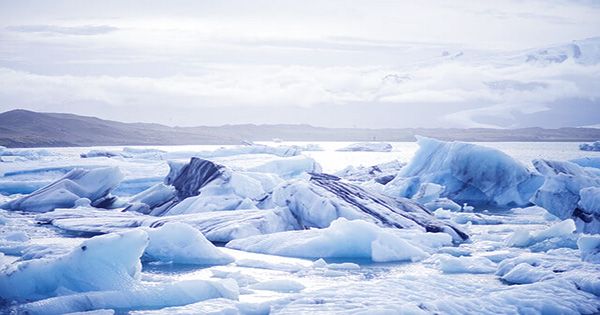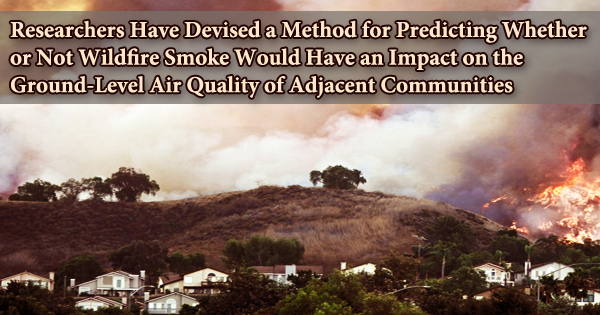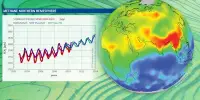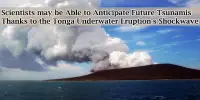A new study from Reading University has a grim prediction: If global temperatures reach 4 degrees Celsius (7.2 degrees Fahrenheit) above pre-industrial levels, more than a third of Antarctic ice shelves could be at risk of collapsing at sea.
It can flow abundantly in the oceans. “Ice sheets are important buffers that prevent glaciers from flowing freely into the ocean on land and increase sea level when they break. It’s like removing a giant cork from a bottle, which can pour unimaginable amounts of water from the glacier into the ocean.” Dr. Ella Gilbert, a research scientist in the Department of Meteorology at the University of Reading, said in a statement.
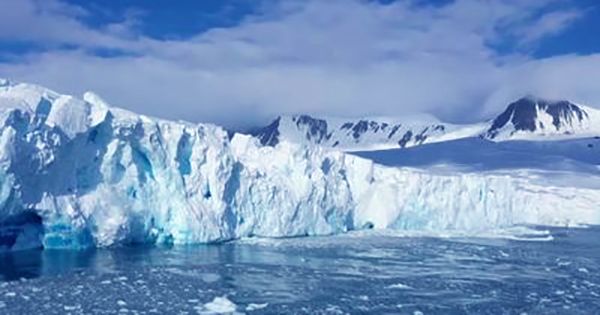
With the use of sophisticated climate change modeling techniques, the findings published in the Geophysical Research Papers provide detailed predictions of how Antarctic continuous melting and water currents affect ice shelf stability. “We know that when molten ice accumulates on the surface of ice sheets, it can make them brittle and break down spectacularly. Previous research has given us a bigger picture of predicting a decline in the Antarctic ice shelf, but our new study uses the latest modeling techniques to fill in the details and make more precise estimates,” Gilbert said.
“If we can avoid the worst consequences of climate change, including rising sea levels, the importance of limiting global warming set out in the Paris Agreement is highlighted.” Gilbert and colleagues predict that about 34 percent of all Antarctic ice sheets, covering an area of about half a million square kilometers (193, 0511 square miles), could rise to 4 degrees Celsius (7.2°F). (3.6 degrees Fahrenheit), but it can halve the potential risk area and avoid catastrophic water flowing into the ocean.
Both situations are currently possible in this century, so it is imperative to limit our needs and temperature rise in tackling the climate crisis. Researchers identified Larson Sea ice sheets, Shackleton, Pine Island and Wilkins ice shelves as at risk of landslides as global temperatures rise by 4 degrees Celsius. “If temperatures continue at current rates, we could lose more Antarctic ice shakes in the coming decades,” said Dr. Gilbert.”
